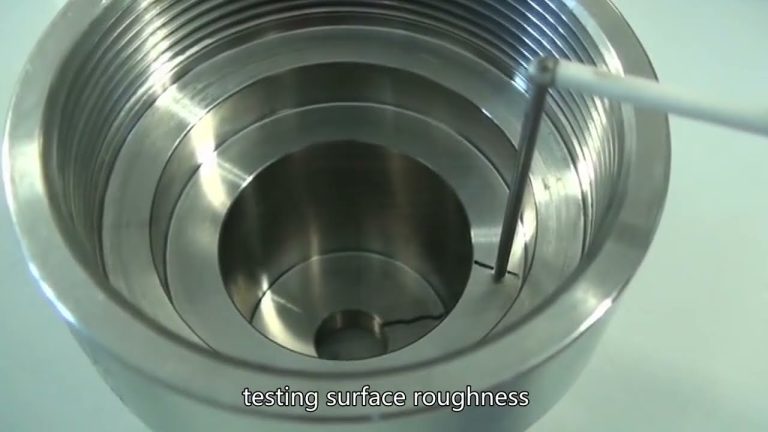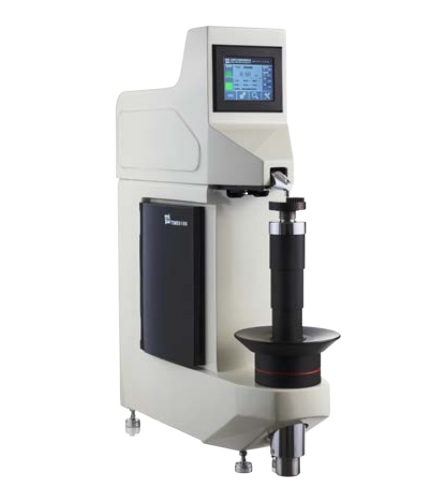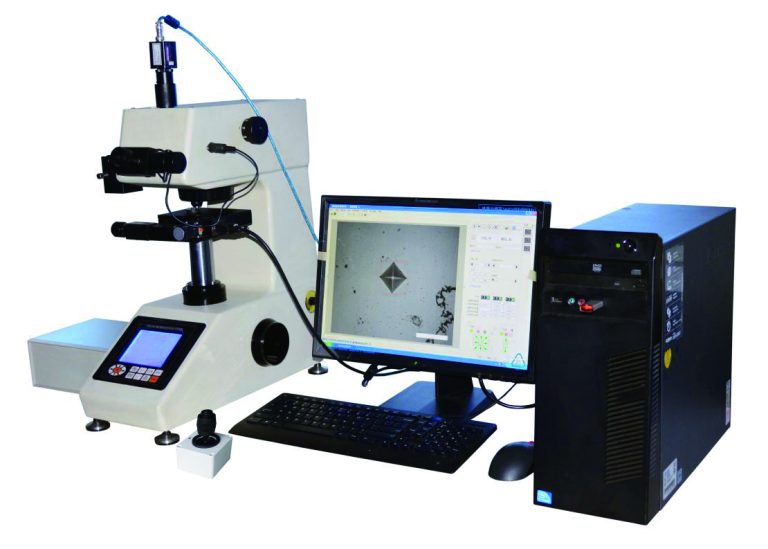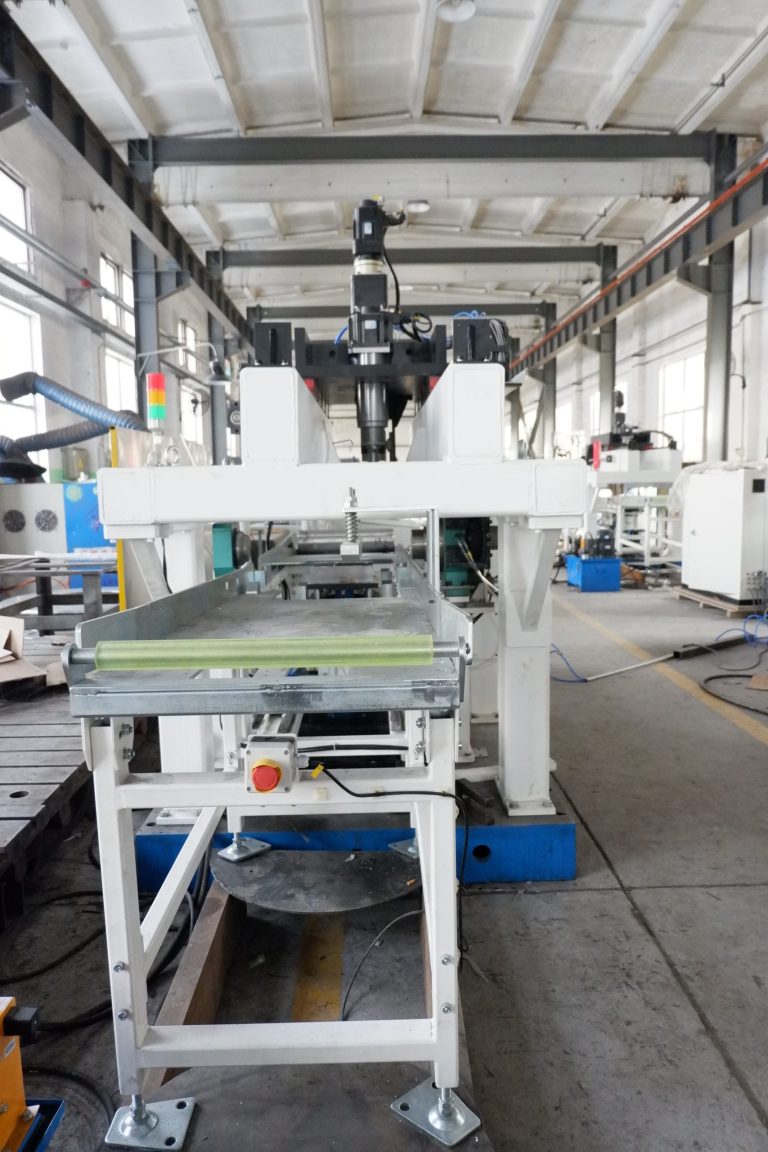The Brinell hardness test is a widely used method for measuring the hardness of materials, particularly metals. It involves pressing a hard steel or carbide ball into the surface of a material under a specified load and then measuring the diameter of the indentation left behind. With advancements in technology, the fully automatic online Brinell hardness tester has emerged as a game-changer in various industries.

1. Quality Control in Manufacturing
One of the primary applications of fully automatic online Brinell hardness testers is in quality control within manufacturing environments. These testers provide real-time data on the hardness of materials, ensuring that products meet the required specifications. By integrating hardness testing into the production line, manufacturers can quickly identify any deviations in material properties, allowing for immediate corrective actions. This not only enhances product quality but also minimizes waste and reduces production downtime.
2. Material Research and Development
In the field of material science, fully automatic online Brinell hardness testers play a crucial role in research and development. Researchers can use these testers to evaluate new alloys and materials under various conditions, providing valuable insights into their mechanical properties. The ability to automate the testing process allows for high-throughput testing, enabling faster iterations in material development. This is particularly beneficial in industries such as aerospace, automotive, and construction, where material performance is critical.
3. Automation in Production Lines
With the trend towards automation in manufacturing, the fully automatic online Brinell hardness tester fits seamlessly into automated production lines. These testers can be programmed to perform hardness tests at specific intervals or after certain processes, ensuring consistent monitoring of material properties without human intervention. This level of automation not only increases efficiency but also reduces the likelihood of human error, leading to more reliable results.
4. Integration with Industry 4.0
The rise of Industry 4.0 has emphasized the importance of connectivity and data exchange in manufacturing. Fully automatic online Brinell hardness testers can be integrated into smart factory systems, allowing for real-time data analysis and reporting. This integration enables manufacturers to track hardness data alongside other parameters, such as temperature and pressure, facilitating a more comprehensive understanding of the production process. Additionally, the data collected can be used for predictive maintenance, helping to anticipate potential issues before they arise.
5. Enhancing Safety and Compliance
In industries where safety and regulatory compliance are paramount, fully automatic online Brinell hardness testers contribute significantly. By ensuring that materials meet specified hardness standards, manufacturers can reduce the risk of product failures that could lead to safety hazards. Furthermore, these testers provide documented evidence of compliance with industry standards, which is essential for audits and certifications.
The fully automatic online Brinell hardness tester is a vital tool in contemporary manufacturing and materials research. Its applications span quality control, material development, automation, and compliance, making it indispensable in various industries. As technology continues to evolve, the integration of these testers into smart manufacturing systems will further enhance their capabilities, driving improvements in efficiency, safety, and product quality. Embracing this technology will undoubtedly position manufacturers at the forefront of innovation and competitiveness in the global market.







